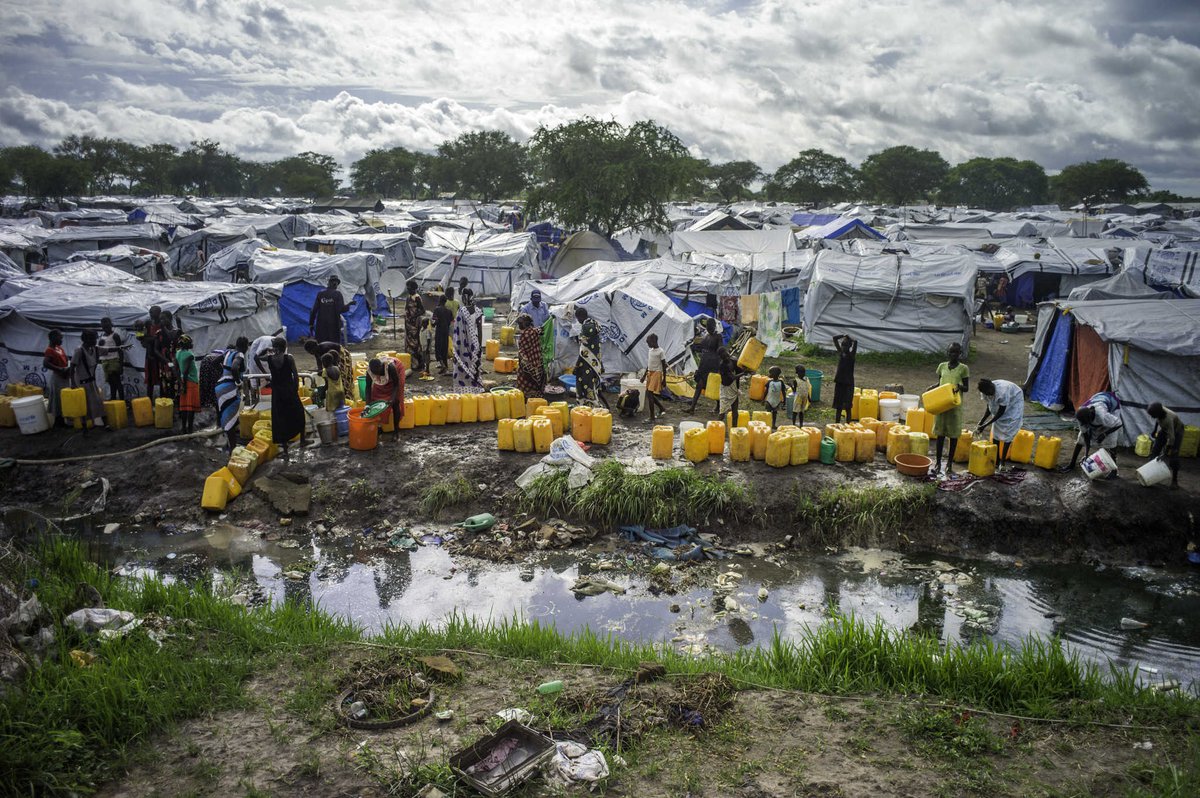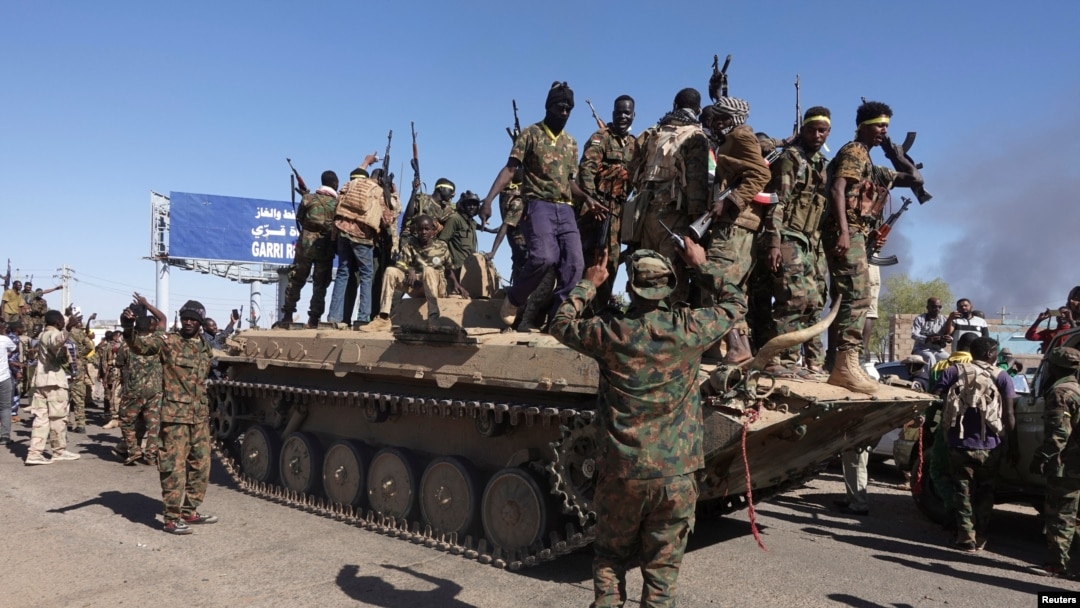Cholera outbreak kills at least 40 people in a week in Sudan

Sudan’s war-torn Darfur region is grappling with its deadliest cholera outbreak in years, with at least 40 people dying between August 4 and August 10, as reported by The New Arab via Agence France-Presse (AFP), on August 14.
The outbreak compounds an already dire humanitarian crisis caused by more than two years of fighting between the Sudanese army and the paramilitary Rapid Support Forces (RSF).
According to information from the Doctors Without Borders (MSF), “In the Darfur region alone, MSF teams treated over 2,300 patients and recorded 40 deaths in the past week.”
MSF said in a statement, “On top of an all-out war, people in Sudan are now experiencing the worst cholera outbreak the country has seen in years,” reporting 2,470 cholera-related deaths in a year, out of 99,700 suspected cases.
War-driven mass displacement has fueled the spread of the disease. In North Darfur’s Tawila, an estimated 380,000 people have fled fighting around El-Fasher, surviving on an average of just three litres of water per day — less than half the emergency minimum recommended for drinking, cooking, and hygiene.
With clean water being scarce, many are forced to consume contaminated sources.
MSF project coordinator in Tawila, Sylvain Peniclaud said, “In displacement and refugee camps, families often have no choice but to drink from contaminated sources and many contract cholera.”
“Just two weeks ago, a body was found in a well inside one of the camps. It was removed, but within two days, people were forced to drink from that same water again.”
Heavy rains have worsened the crisis by contaminating water supplies and damaging sewage systems. As civilians flee violence, cholera is spreading beyond displacement camps into neighbouring Chad and South Sudan.
El-Fasher, the last major city in Darfur under army control, remains under siege, with UN agencies warning of catastrophic conditions for those trapped inside.
MSF’s head of mission in Sudan, Tuna Turkmen, described the situation as “beyond urgent,” stressing that survivors of war should not be left to die from a preventable disease.
The New Arab via Agence France-Presse (AFP), Maghrebi.org
Want to chase the pulse of North Africa?
Subscribe to receive our FREE weekly PDF magazine













